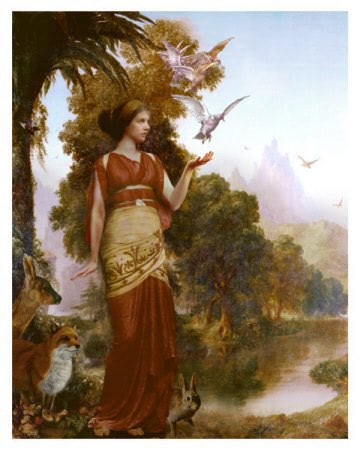- Undergraduate
Bachelor's Degrees
Bachelor of ArtsBachelor of EngineeringDual-Degree ProgramUndergraduate AdmissionsUndergraduate Experience
- Graduate
Graduate Experience
- Research
- Entrepreneurship
- Community
- About
-
Search
All Thayer News

Demeter, the Greek Goddess of harvest, fertility, and agriculture.
Team Dartmouth Is a Finalist in NASA's Mars Greenhouse Design Challenge
Mar 06, 2019 | by Catha Mayor Lamm
Eight Dartmouth engineering students make up one of five university-team finalists selected by NASA and the National Institute of Aerospace (NIA) for their Marsboreal greenhouse design. The students entered their capstone design project in NASA’s 2019 Breakthrough, Innovative and Game-changing (BIG) Idea Challenge to develop a reliable and effective food production system on Mars.
Named “DEMETER" (Deployable Enclosed Martian Environment for Technology, Eating, and Recreation)—in honor of the Greek Goddess of harvest, fertility, and agriculture—the team's concept incorporates ice shielding and the toroidal architecture from the Mars Ice Home design and will provide sufficient nutritious food for a four-person astronaut crew on a surface mission to Mars:
Each of the five finalists received a monetary award to compete at the 2019 BIG Idea Forum at the NASA Langley Research Center (LaRC) in Hampton, VA in April. Students will also have the opportunity to compete for one of the five NASA summer internship slots set aside for BIG Idea participants.
“We’re so excited to continue on with this project and go to the forum,” said team member Zoe Rivas.

Demeter, the Greek Goddess of harvest, fertility, and agriculture.
Team members are BE candidates:
- David Dick
- Alexa Escalona '18
- Grace Genszler
- Thomas Hodsden '18
- Peter Mahoney ‘19
- Morgan McGonagle '18
- Zoe Rivas '18
- Christopher Yu ‘19
The team's project sponsor is Max Fagin Th’11 and their faculty advisor is Benoit Cushman-Roisin.
The BIG Idea Challenge supports NASA’s Game Changing Development (GCD) program to rapidly mature high-impact technologies. The Challenge is open to teams of undergraduate and graduate students studying in fields applicable to human space exploration (i.e., aerospace, electrical, and mechanical engineering; and life, physical, and computer sciences) and allows them to incorporate their coursework into real aerospace design concepts.
For contacts and other media information visit our Media Resources page.
